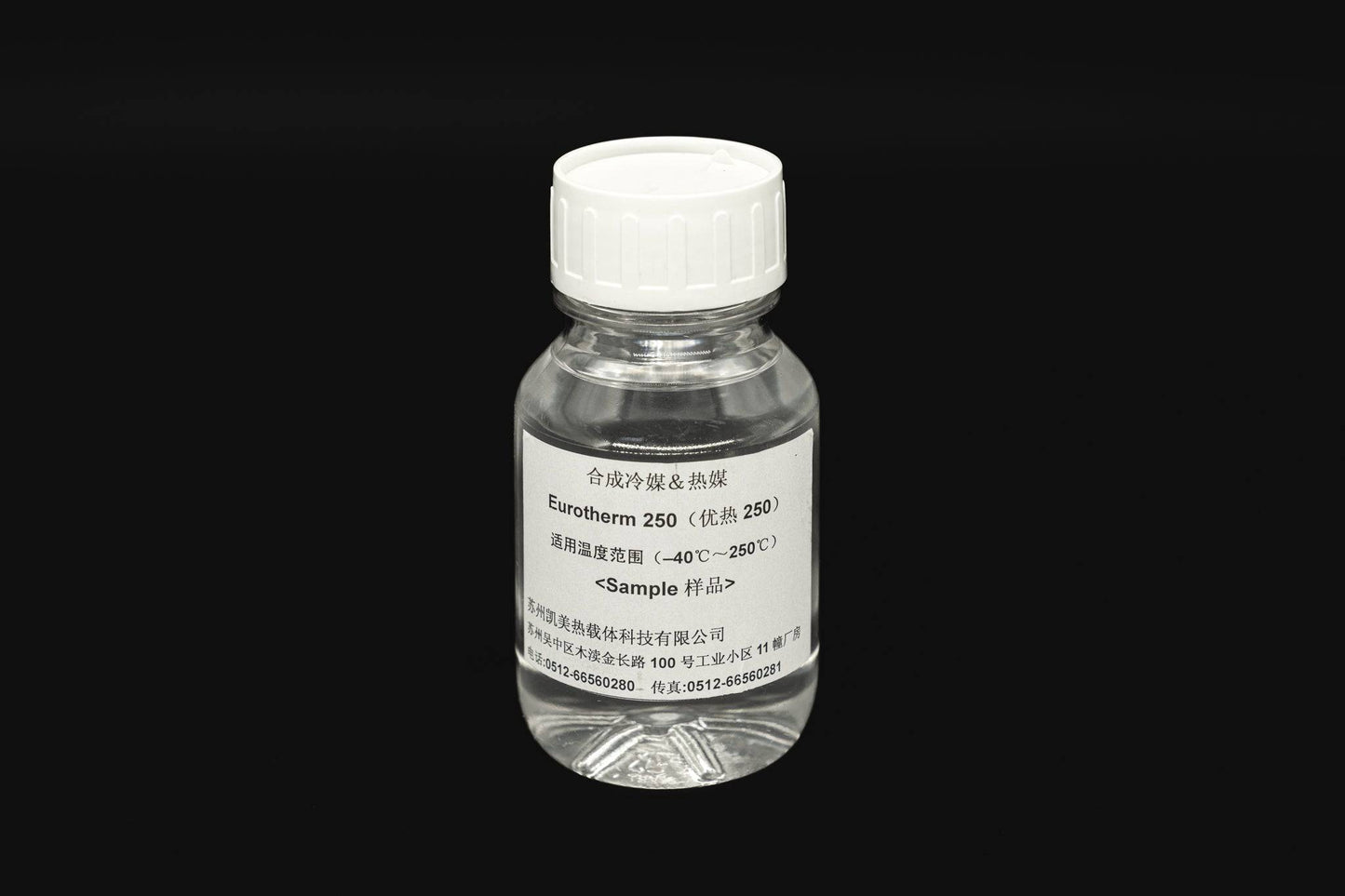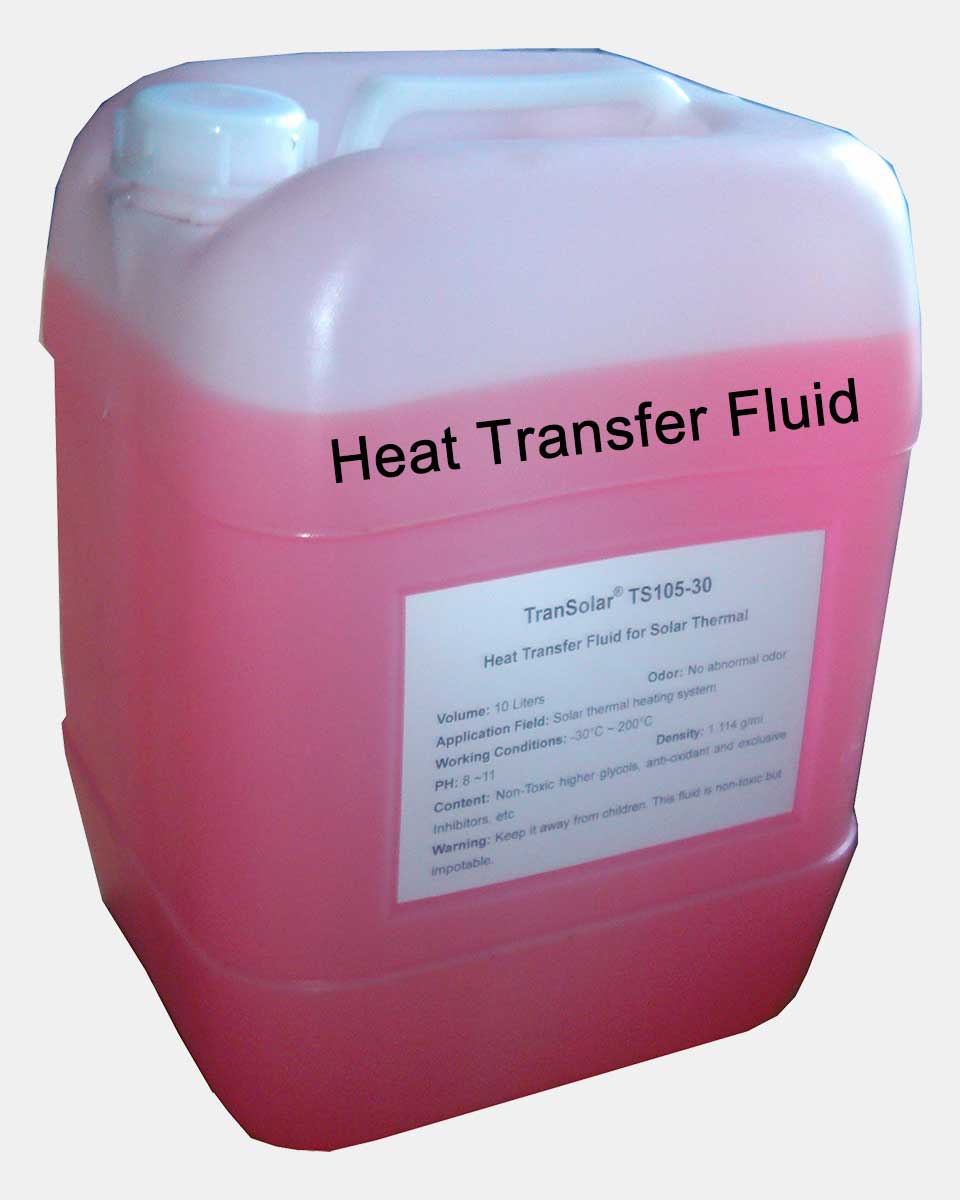Understanding Heat Transfer Fluid: Essential Uses and Importance for Processing Systems
Understanding Heat Transfer Fluid: Essential Uses and Importance for Processing Systems
Blog Article
Why Choosing the Right Heat Transfer Fluid Is Critical for Optimal System Performance
Choosing an ideal warmth transfer fluid is a critical choice that can substantially impact system efficiency and functional expenses. As the effects of this selection extend far beyond instant performance, recognizing the subtleties of liquid selection comes to be essential for any person looking to achieve ideal system effectiveness.
Relevance of Heat Transfer Fluids
What duty do heat transfer fluids play in commercial procedures? Warmth transfer fluids are vital for the reliable transfer of thermal power within various industrial systems. They help with the motion of warmth from one area to another, guaranteeing that processes operate within ideal temperature level arrays. Their key function is to absorb heat from a source, such as a heating system or reactor, and provide it to an end individual, like a warm exchanger or purification column.
The choice of heat transfer fluid can significantly impact power security, effectiveness, and equipment durability. Fluids must be capable of withstanding high temperature levels and stress without breaking down, as well as exhibit marginal volatility and reduced poisoning. Their performance straight affects not just the efficiency of the system yet additionally its functional prices.
Additionally, heat transfer liquids play a critical function in maintaining procedure control, making sure that temperature variations are lessened. This is particularly vital in sensitive applications such as pharmaceuticals and petrochemicals, where precise temperature level administration is crucial. Generally, the significance of picking the best warmth transfer fluid can not be overemphasized, as it is essential to maximizing industrial procedures and enhancing total system performance.
Secret Characteristic to Take Into Consideration
When selecting a warmth transfer fluid, which essential residential or commercial properties should be focused on to ensure ideal efficiency? Most importantly, thermal conductivity is essential; a fluid with high thermal conductivity will effectively move heat, reducing power loss. In addition, the specific warmth capacity of the fluid is crucial, as it establishes just how much energy the fluid can launch and save, influencing overall system responsiveness.
Viscosity is one more considerable residential or commercial property to think about, as it affects the liquid's circulation features; reduced viscosity fluids are generally chosen for simpler flow and minimized pumping power. The liquid's temperature level variety is similarly crucial; it has to execute properly within the functional temperature levels of the system without evaporating or weakening.
Chemical security is important to protect against destruction with time, which can bring about system inadequacies and possible failings - heat transfer fluid. Compatibility with system materials ought to not be overlooked to stay clear of rust or damage to components. Ultimately, think about the environmental impact and safety and security profile of the fluid, as laws and sustainability objectives increasingly affect liquid selection. By prioritizing these vital buildings, one can choose a heat transfer liquid that enhances system durability and reliability.

Influence on System Performance
The choice of heat transfer fluid directly influences system efficiency, affecting both power intake and functional efficiency. A liquid's thermal conductivity, viscosity, and warm capability play pivotal roles in exactly how effectively it moves warmth within a linked here system. Optimum liquid residential or commercial properties guarantee that warm is taken in and distributed efficiently, reducing energy losses and enhancing the total efficiency of the system.

Additionally, the compatibility of the liquid with system materials can considerably impact efficiency. A liquid that creates corrosion or degradation can result in leaks and system failings, additionally lessening efficiency. In summary, the right heat transfer fluid not only optimizes power performance and lowers prices but likewise enhances the integrity and longevity of the system, making it an important consideration for engineers and decision-makers in thermal management applications.
Common Kinds Of Heat Transfer Fluids
A selection of warmth transfer liquids are generally used in thermal monitoring systems, each with unique buildings matched to details applications. Water is just one of one of the most commonly used heat transfer liquids as a result of its high certain warm capacity, low price, and schedule. Its freezing point restricts its use in low-temperature applications.
Thermal oils, typically originated from oil, are an additional prominent choice, specifically in high-temperature systems. These liquids can operate at raised temperature levels without vaporizing, making them ideal for commercial applications. Nevertheless, they may have constraints concerning thermal security.
Refrigerants, made use of mainly in cooling systems, have one-of-a-kind thermodynamic residential properties that enable reliable warm transfer at reduced temperature levels. Their selection is important to guarantee performance and compliance with ecological guidelines.

Additionally, stage adjustment products (PCMs) are obtaining grip for their capacity to soak up and launch substantial quantities of warmth throughout stage changes, supplying an one-of-a-kind solution for thermal power storage space. Each liquid's certain features need to be reviewed for optimum efficiency.
Finest Practices for Choice
Selecting the ideal warmth transfer fluid includes careful factor to consider of a number of key variables that line up with the specific needs of the application. Second, consider the liquid's thermal conductivity, which impacts warmth transfer rates; greater thermal conductivity normally leads to improved efficiency.
Additionally, examine the fluid's thickness, as it influences pumping power and overall system effectiveness. Reduced viscosity liquids usually reduce energy intake during blood circulation. Compatibility with system materials is an additional crucial facet; ensure that the liquid does not create rust or destruction of pipes and elements.
Following, take into consideration the liquid's security and durability, specifically in high-temperature applications. A stable fluid lessens upkeep and replacement expenses. Last but not least, environmental and security guidelines should direct your choice procedure, emphasizing eco friendly and non-toxic choices when feasible.
Final Thought
In final thought, choosing the ideal warmth transfer liquid is essential for achieving ideal system effectiveness. The ideal fluid my sources improves thermal conductivity, minimizes power losses, and advertises devices durability, eventually causing enhanced system integrity and efficiency. Comprehending the crucial residential or commercial properties and impacts of various fluids on system efficiency is crucial for informed decision-making. Abiding by ideal techniques in fluid choice can result in significant long-term price financial savings and functional efficiency.
Heat transfer liquids are vital for the efficient transfer of thermal power within different industrial systems. In addition, the details warm capacity of the fluid is essential, as it figures out exactly how much power the liquid can keep and release, impacting total system responsiveness.
Think about the environmental influence and security account of the liquid, as regulations and sustainability objectives progressively influence liquid choice - thermal oil. A liquid's thermal conductivity, viscosity, and warmth capability play critical duties in exactly how effectively it moves warm within a system. Water is one of the most widely utilized this website heat transfer liquids due to its high specific warmth capability, reduced expense, and schedule
Report this page